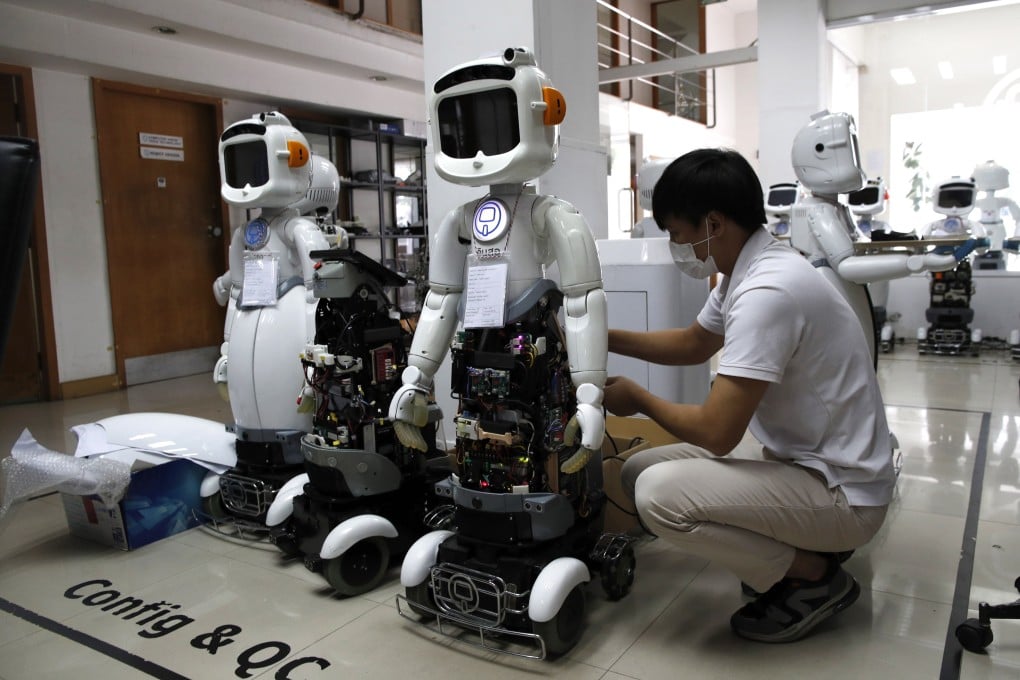Advertisement
The View | How to best equip young people in Asia with digital skills
- Cooperation among nations in the Global South has enabled developing economies to help each other through knowledge and technology transfers
- Using this approach to address the digital infrastructure gap and build a highly skilled workforce can keep emerging countries from falling further behind
Reading Time:3 minutes
Why you can trust SCMP

Digital industries are the next frontier for developing Asian economies seeking to grow and prosper. As the world sees more technological competition and fragmentation, these countries risk falling further behind without concerted efforts to build digital talent.
Advertisement
Historically, cooperation among the Global South has enabled developing economies to help each other through knowledge and technology transfers. Projects have focused on physical infrastructure including roads, railways and power plants to promote regional connectivity and support industrial activity.
More recently, projects have focused on developing digital infrastructure, most notably China’s Digital Silk Road initiative, which strives to fill a digital infrastructure gap in many developing countries. While some countries have raised concerns about data security risks, demand for digital infrastructure will only intensify in sectors ranging from generative artificial intelligence (AI) to e-healthcare.
Beyond hard infrastructure, developing Asia urgently needs to address soft infrastructure gaps to help local workforces thrive in a digitised economy. Accelerating technological changes mean skills could become obsolete in a matter of months.
A lack of digital literacy will increasingly equate to lost economic and employment opportunities. It is time to lay the foundations for digital human capital and give developing Asia’s workforce improved capabilities to compete with global talent pools.
Advertisement
Future south-south cooperation initiatives should emphasise helping the workforce of developing countries compete both in existing industries transformed by digitisation and in industries driven by emerging technologies. A broad spectrum of upskilling is relevant, including education, vocational training, entrepreneurship and research and development.

Advertisement
